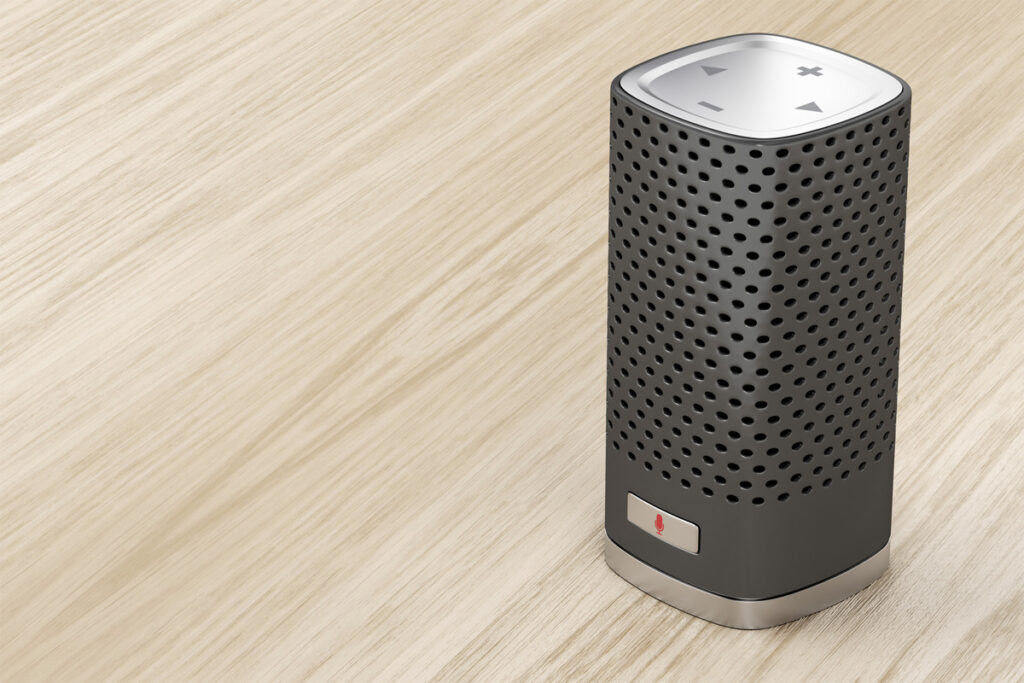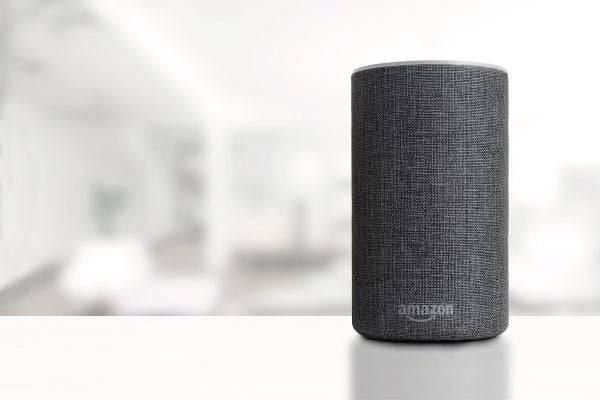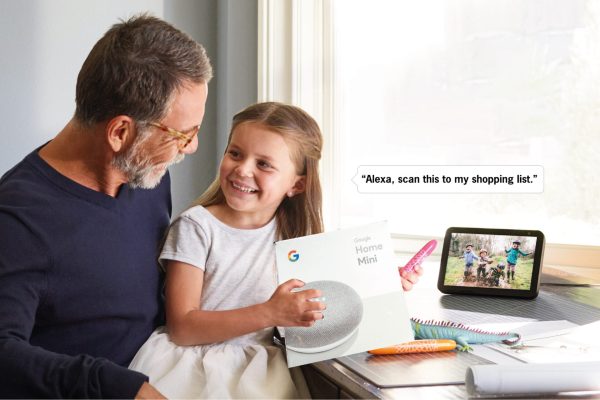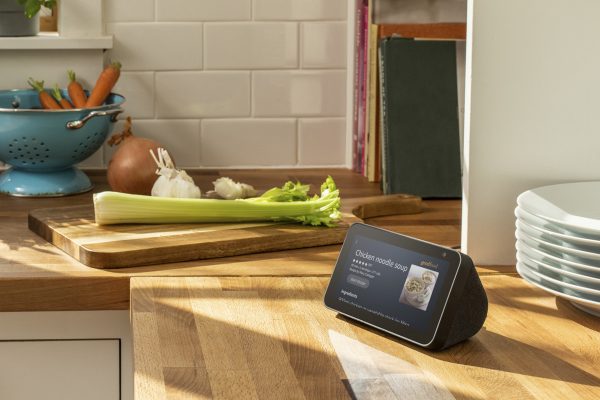Sales of voice assistants such as Amazon Echo and Google Home doubled in Q4 2017 compared to the same period in 2016 according to a new Consumer Electronics Report from Adobe. At the same time voice assistant sales grew 103% year on year.
The survey behind the report reveals that over half of all consumers who own a voice assistant talk to it daily and 22% of consumer say that they now shop using voice commands. This is a growing trend as 79% of all voice assistant sales in 2017 took place in the fourth quarter of the year.
We’re becoming less embarrassed about talking to a machine as well, only 16% of consumers feel uncomfortable using voice commands in front of other people. This is perhaps due to the growth of services such as control of smart home devices and playing media – rather than being coy about speaking to a smart device the temptation is to show off the device and demonstrate it’s capabilities. As an example of this, Amazon revealed that Echo users turned on their Christmas lights more than a million times via Alexa this holiday season.
“We’re moving into a direction where consumers won’t always need a screen to interact with their devices. Our survey shows that not only are people more confident with voice-based technology, but adoption is also on the rise. We expect this trend to only accelerate over the next year, as more voice-activated devices come to the market, and also as companies begin to embed voice functionality into their existing products and services.”
– Costa Lasiy, Senior Analyst, Adobe Digital Insights
Another interesting trend revealed in the report is that the number wireless headphone units sold surpassed wired headphones for the first time last Autumn. However still 43% of consumers disagree with the decision by many manufacturers to remove the headphone socket from their devices.
This growth in wireless headphones combined with the growth in the use of voice assistants goes some way to explain Amazon’s recent release of the Alexa Mobile Accessory Kit to enable manufacturers to build in voice capabilities. If you’re ordering by voice then Amazon want to capture some of the smartphone sales and that’s not going to happen purely with the Alexa app, pair the app with some bluetooth headphones with Alexa built in and a goodly propotion of the 22% of consumers performing voice assistant shopping will be coming Amazon’s way.
3 Ways to take advantage of Voice Assisted Sales
Most retailers will take one look at integrating into a voice assistant and immediately (and quite rightly) decide that an app or skill just isn’t for them. This is a similar scenario to when retailers rushed to create smartphone apps only to discover that consumers weren’t interested in using them. That’s not to say that there is nothing you can do, there are three key things that retailers can do to take advantage of the rise of the voice assistant.
- Learn from the past
History showed us that the most popular apps on smartphones were marketplaces such as eBay and Amazon. It will be the same on voice assistants so rather than get distracted creating your own skills, partner with the giants of ecommerce with the resources to build a following.
With Amazon it is easy – get your products onto Amazon and shoppers using Alexa Voice Search will be able to find them. eBay we’re not sure where they’re going, but they do (at least in the US and Australia) have an early solution which works with Google Assistant.
Also don’t forget your carrier – do they already have an Amazon Alexa or Google Home integration for tracking? If you’re considering changing carriers this might seem a little trite, but in the future consumers could demand the ability to track incoming parcels by voice. If everything else is equal, pick a carrier with voice assistant support.
- Tailor content for voice assistant searches
When you’re writing content remember that voice queries are often longer and more specific than text input queries – most people can talk quicker than they can type and consumers are remarkably polite when talking to a voice assistant. They are also likely to use interrogatory words such as ‘who’, ‘how’, ‘what’, ‘where’, ‘why’ and ‘when’, so when building FAQs on your website think about how someone would ask the question and use the most likely word. Search engines will thank you with traffic if your FAQ exactly matches a voice search.
- Structured Data is key
Structured data is the bane of retailers lives, but for voice search having a schema markup on your website such as Smart Search from GS1 will not only help voice assistants but will increase traffic from traditional text input based search engines too and could lead to as much as a 30% increase in web traffic coming to your site.









